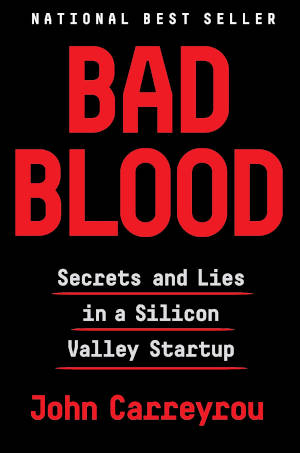A newsletter that started as a personal learning and getting-in-touch project by Ivan Krnic grew into a sociotechnical newsletter covering topics of technical excellence, organizational improvements, and productivity.
Super Mario Effect
How come we’ve never experienced burnout as kids playing Super Mario, day in and day out, struggling to pass all eight worlds? Can you imagine how difficult that must have been for a kid? So many hidden threats and crazy turtles, danger lurking everywhere, killing you and returning to start.
But never once have we given up saying This can’t be done! or I’m too stupid for this! Each time, we learned something new and tried again, no matter how many levels we had to start over. Because we could start over. With minimal consequences – we lost just a couple of minutes.

Super Mario in action (source: https://comicbook.com/gaming/news/super-mario-theme-calculators/)
This is quite different from our usual grown-up day at work. Again, we’re solving seemingly impossible problems, but this time problems are constrained by budgets, deadlines, politics and similar. All these constraints are limiting our number of attempts to solve the problem – we would eventually run out of time, or money, or would come across as incompetent and get fired. Solving the problem under such conditions, we lose energy, hesitate, burn out and give up. Nothing like Super Mario.
The mindset of solving the problem by focusing on the prize, iterating as needed and not getting bogged down by failure is what Mark Rober calls the Super Mario Effect – take a look at his TEDx talk.
Now, don’t get me wrong I’m well aware that there will always be budgets and deadlines in our business, but what we can do is make those iterations cheaper: make those deployments a little bit faster, those features covered with automated tests, those ideas tested with prototypes, those runtime environments rebuilt with scripts… All these small tweaks compounded will loosen up our constraints and let us iterate on the problem from various angles – just like we did it back in the day playing Super Mario.
Interview of the Month

State of DevOps Report with Nigel
Nigel Kersten is Field CTO at Puppet and one of the authors of the 2021 State of DevOps Report. I talked to Nigel about the 10th anniversary of the Report, the latest insights, and how come some enterprises are stuck on their DevOps journey. It was also interesting to hear what happens behind the curtains to produce the Report that we all sometimes take for granted. Do. Not. Miss.

We NEED your HELP: we’ve decided to tackle the eternal problem of developer onboarding and environment configuration and we need you to tell us what’s bothering you the most in this process.
Please CLICK HERE and fill our 30-second survey.
THANK YOU!
Hand picked
How Big Tech Runs Tech Projects and the Curious Absence of Scrum – great analysis by Gergely Orosz on how Big Tech companies work, why we rarely see such companies use Scrum, and when starting with Scrum makes all the sense in the world.
A visual guide on troubleshooting Kubernetes deployments – Pop quiz, hotshot. Your apps are down. Your Kubernetes pods are not running. What do you do? What do you do? You take a look at the visual guide on troubleshooting Kubernetes deployments by Daniele Polencic!
The effects of remote work on collaboration among information workers – an interesting study was done analyzing 61,182 US Microsoft employees over the first six months of 2020.
TL;DR results: collaboration became more static and siloed, significantly fewer new connections were made, people moved to asynchronous communication channels which are better suited for conveying information but much less suited for conveying/converging on the meaning of information.
In an ideal world where we are all senior experts and ideal team players with equal skills and capabilities, full remote or not probably doesn’t matter. But in the real world with junior colleagues, new hires, onboardings, mentoring and brainstormings, in-person communication (all other things being equal) still wins.
Why sometimes when you unsubscribe from an email list it says it can “take a few days” by Joe Pettersson… how many of such processes do we all have in our organizations?
Read with us

Bad Blood: Secrets and Lies in a Silicon Valley Startup
We all want our businesses to succeed. And we’re ready to do whatever it takes for our products to cross the chasm. Theranos, a Silicon Valley startup, is an example of what happens when you want too much with a product that is a lie.
Led by its charismatic founder Elizabeth Holmes, Theranos took money from investors and made promises that it couldn’t keep. A revolutionary handheld blood-analyzing device was never built. Read how NOT to do product development.
Related News




